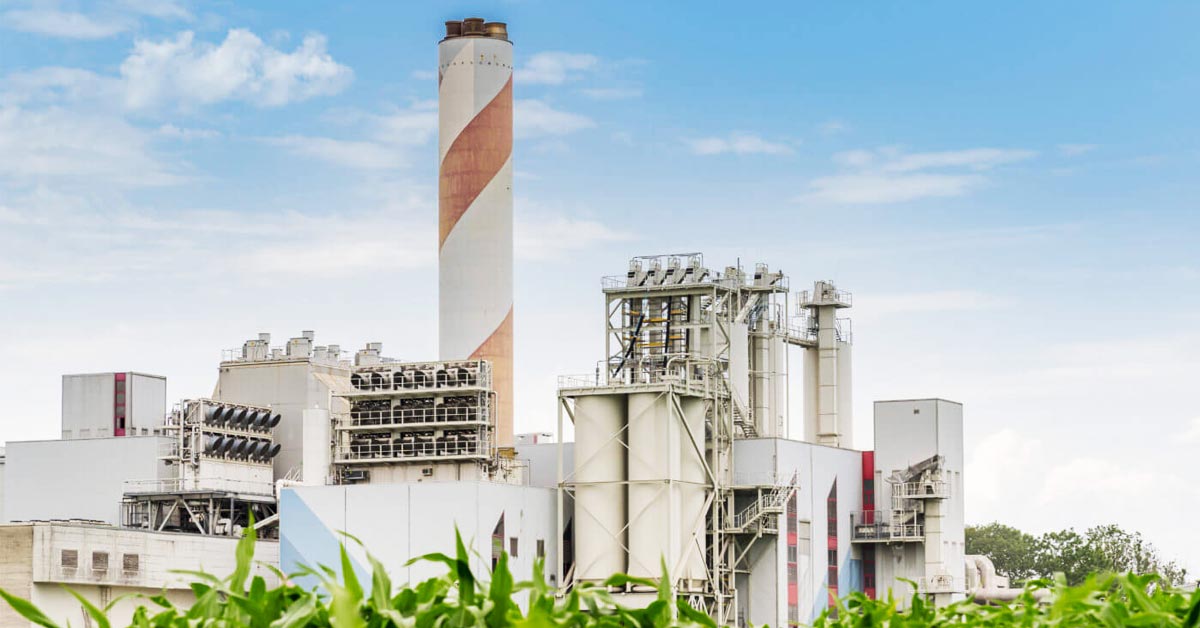In the battle against climate change, one technology has emerged as a beacon of hope: carbon capture. As the world grapples with rising temperatures and the detrimental effects of greenhouse gas emissions, carbon capture stands out as a crucial tool in mitigating climate crisis. This article delves into the significance of carbon capture technology, exploring its importance in combating climate change and transitioning towards a sustainable future.
Understanding Carbon Capture
Carbon capture involves the process of capturing carbon dioxide (CO2) emissions produced from various sources such as power plants, industrial facilities, and even directly from the atmosphere. Once captured, the CO2 is transported and stored underground or utilized in various applications, preventing it from entering the atmosphere and exacerbating global warming.
Mitigating Climate Change
At the heart of the matter lies the urgent need to reduce polluting emissions to limit global warming and its associated impacts. Carbon capture through companies like https://www.carbonclean.com/ offers a practical solution by enabling the use of fossil fuels while minimizing their environmental footprint. By capturing CO2 emissions at the source, carbon capture technology helps industries transition towards cleaner energy production methods, thereby reducing their contribution to climate change.
Preserving Ecosystems
Climate change poses a substantial threat to ecosystems worldwide, leading to biodiversity loss, habitat destruction, and disruptions in ecological balance. Carbon capture plays a vital role in safeguarding these fragile environments by curbing emissions and mitigating the impacts of global warming. By reducing CO2 levels in the atmosphere, carbon capture helps protect vulnerable ecosystems such as forests, coral reefs, and polar regions, preserving biodiversity and ecosystem services vital for human well-being.
Ensuring Energy Security
Transitioning to renewable energy sources is necessary for addressing climate change, but the process takes time and requires significant investment. In the interim, carbon capture provides a bridge towards a sustainable energy future by allowing the continued use of fossil fuels in a more environmentally responsible manner. This ensures energy security while simultaneously reducing emissions and fostering the development of renewable energy infrastructure.
Fostering Economic Growth
Carbon capture presents not only environmental benefits but also economic opportunities. The development and deployment of carbon capture technology stimulate innovation and create jobs in various sectors, including engineering, manufacturing, and research. Moreover, carbon capture projects can generate revenue through carbon capture and storage (CCS) credits or the utilization of captured CO2 in industrial processes such as enhanced oil recovery (EOR), contributing to economic growth and energy independence.
International Cooperation and Policy Support
Addressing climate change requires concerted efforts on a global scale, with governments, businesses, and civil society collaborating to implement effective solutions. Carbon capture offers a pathway for international cooperation, as evidenced by initiatives such as the Paris Agreement, which recognizes the importance of carbon capture and storage in achieving emission reduction targets. Policy support and incentives are essential for scaling up carbon capture deployment and driving innovation in this critical area.
Conclusion
Carbon capture represents a pivotal technology in the fight against climate change, offering a multifaceted approach to reducing greenhouse gas emissions, preserving ecosystems, ensuring energy security, and fostering economic growth. As the world races against time to mitigate the impacts of global warming, investing in carbon capture technology is not just an option but a necessity for a sustainable and resilient future.






